Nick Fuentes, a 27-year-old white supremacist and far-right political influencer, has been at the center of a heated debate within the Republican Party over the past few weeks. Fuentes hosts an online show called America First with Nicholas J. Fuentes, which has amassed a huge audience, mostly consisting of young white Christian men. The show's popularity has led to Fuentes being courted by established Republican Party figures, including Tucker Carlson, who have given him a platform in an effort to attract this audience.
Fuentes has been open about his white supremacist and antisemitic views on his show, which has sparked concerns among critics who argue that his ideology is incompatible with the values of the Republican Party. Despite these concerns, Fuentes has managed to maintain a significant following and has even been accused of having supporters within the Trump administration. However, Fuentes has instructed his followers to hide their beliefs, making it difficult to determine the extent of his influence.
Fuentes' rise to prominence is seen by some as a strategic move by the Republican Party to appeal to a younger demographic. According to experts, the party has been trying to expand its base by embracing more extreme views, which has led to a surge in popularity for figures like Fuentes. "The Republican Party is trying to appeal to a younger, more radical audience, and Fuentes is one of the key figures in this effort," said Dr. Rachel Kleinfeld, a senior fellow at the Carnegie Endowment for International Peace.
Fuentes' ideology is rooted in white nationalism and antisemitism, which has been a source of controversy for the Republican Party. Critics argue that Fuentes' views are not only abhorrent but also incompatible with the values of the party. "Fuentes' views are a threat to the very fabric of our democracy, and it's alarming to see him being given a platform by Republican leaders," said Rabbi Abraham Cooper, the associate dean of the Simon Wiesenthal Center.
The debate over Fuentes' role in the Republican Party has sparked a wider conversation about the party's stance on antisemitism and white supremacy. While some argue that Fuentes' views are not representative of the party as a whole, others see his rise to prominence as a symptom of a larger problem within the party. As the debate continues, it remains to be seen how the Republican Party will address the issue of Fuentes and his ideology.
In the meantime, Fuentes remains a polarizing figure, with some seeing him as a hero and others viewing him as a threat to democracy. As the controversy surrounding him continues to unfold, it is clear that Fuentes' rise to prominence has significant implications for the Republican Party and the country as a whole.



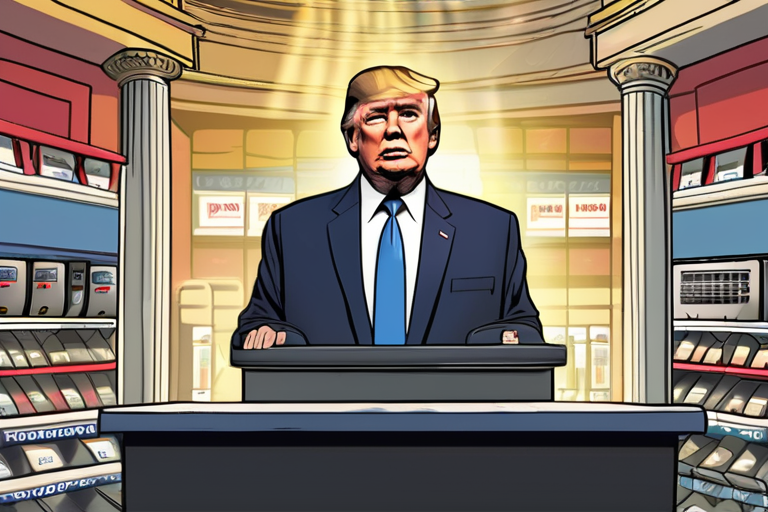


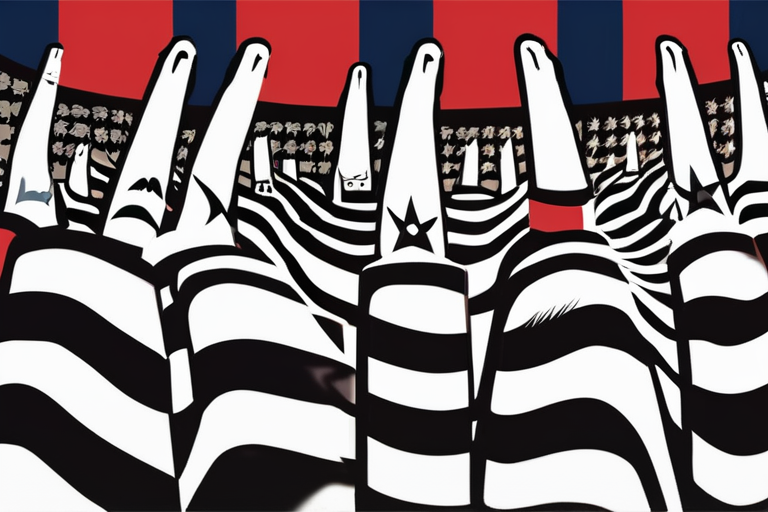









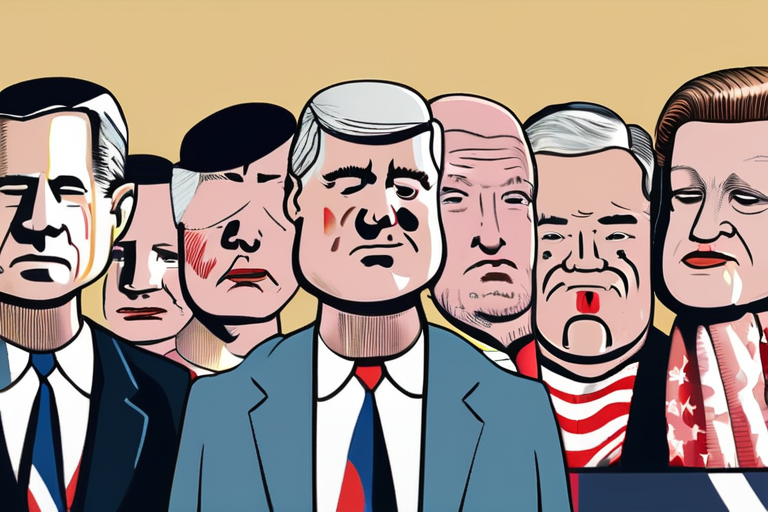


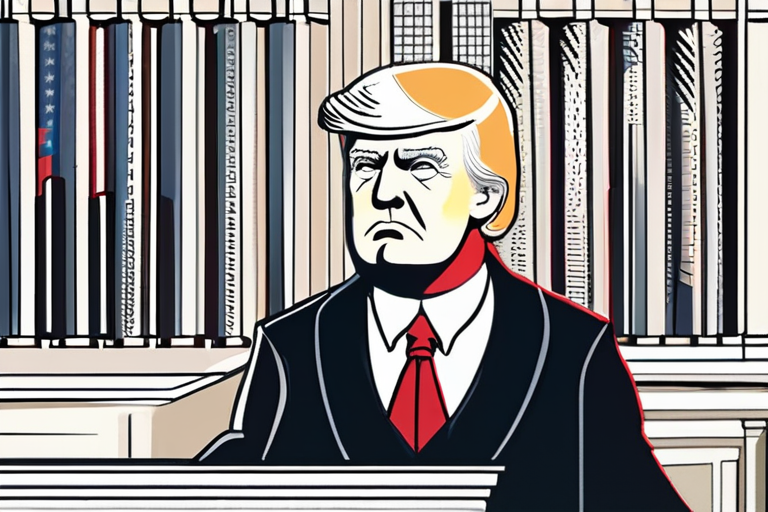





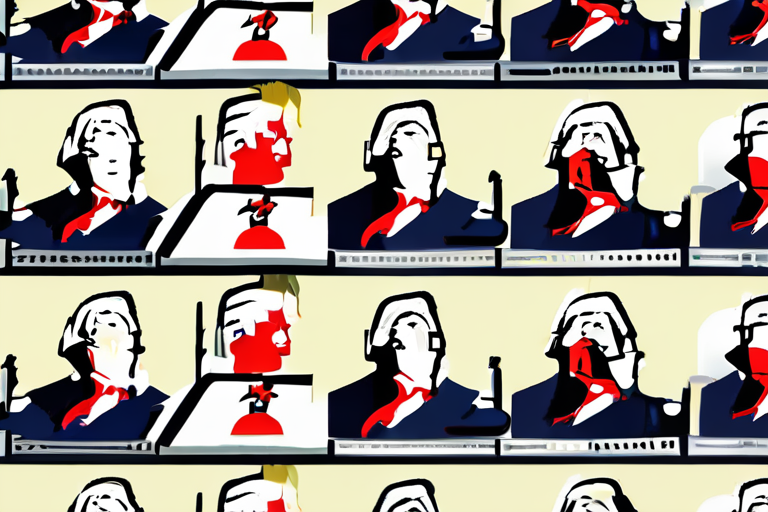

Share & Engage Share
Share this article